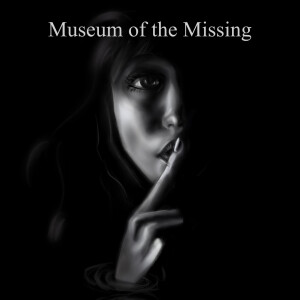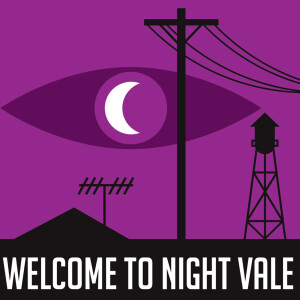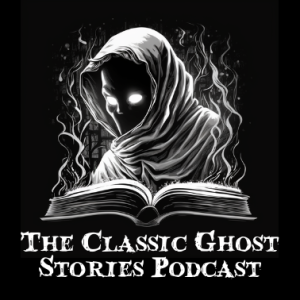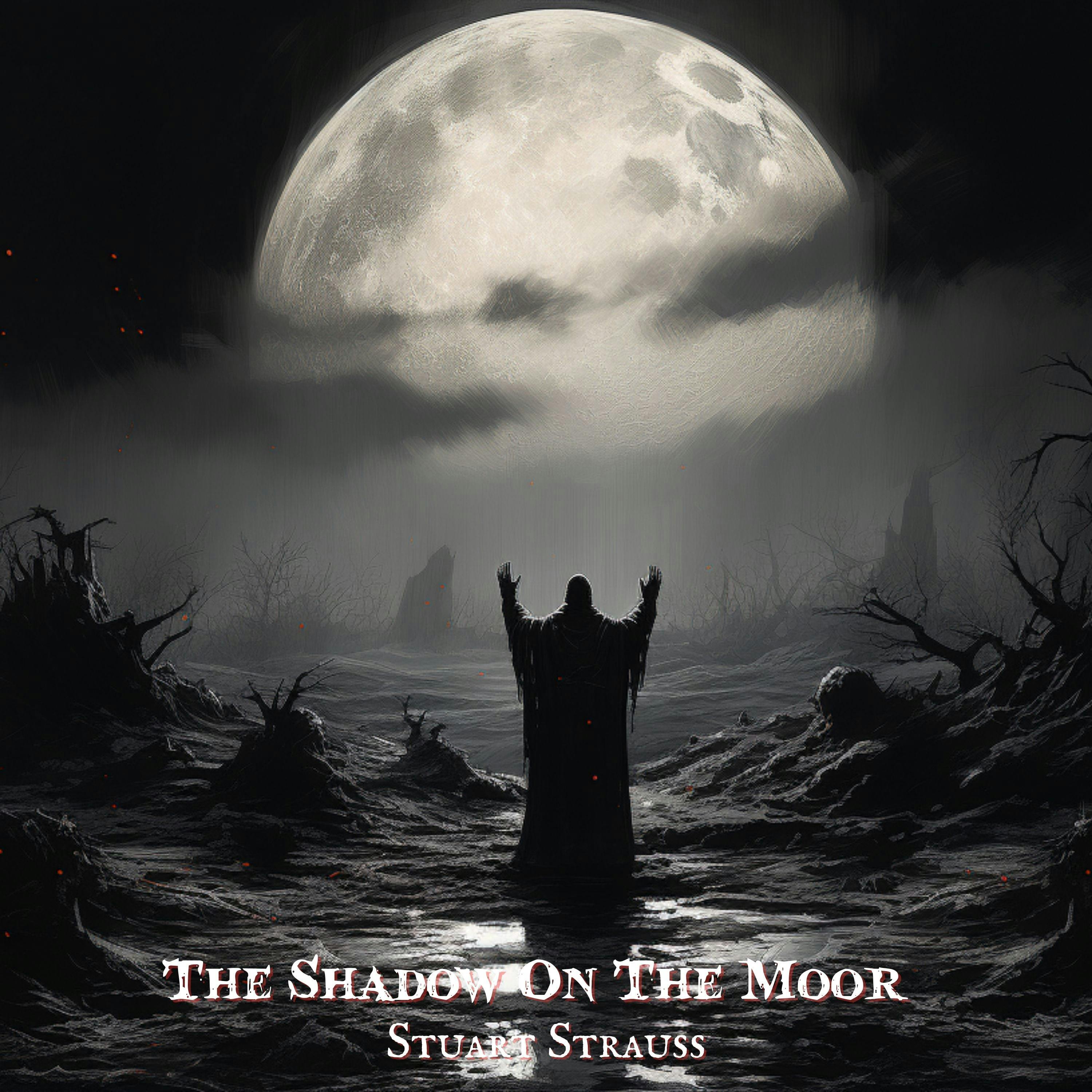Stuart Strauss remains an enigmatic figure in the world of weird fiction, with scant information available about his life. He is known for a limited body of work, including "The Shadow on The Moor" (1928), "The Soul Tube" (1928), and "The Clenched Hand" (1934). The use of a pseudonym and language suggesting potential unfamiliarity with British culture has led to the assumption that Strauss might be an American author.
"The Shadow on The Moor" is a tale that first appeared in the February 1928 issue of "Weird Tales." Its republication in the 2023 British Library anthology "Circles of Stone: Weird Tales of Pagan Sites and Ancient Rites," edited by Katy Soar, attests to the lasting intrigue and relevance of Strauss's work. The story captures a sense of foreboding in the British countryside, with standing stones taking on a malevolent presence.
Strauss's work, including "The Shadow on The Moor," reflects thematic elements akin to the cosmic horror pioneered by H.P. Lovecraft. Lovecraft's influence is discernible in the eerie atmospheres and otherworldly entities that often pervade Strauss's narratives. Additionally, Strauss, like Lovecraft, explores the theme of ancient cults in remote villages, inhabited by seemingly backward rural characters. The fusion of cosmic horror and folk-horror themes creates an unsettling and atmospheric reading experience.
The thematic exploration of ancient cults in Strauss's work aligns with Margaret Murray's witch-cult hypothesis, a theory that suggests accusations against witches in Europe were rooted in a clandestine pagan religion. Published in Murray's "The Witch-Cult in Western Europe" (1921), the hypothesis posits the existence of a pre-Christian religion centered around a horned god, symbolizing the cycle of seasons and harvests. The horned god's representation on Earth through chosen individuals, ritual sacrifices, and the preservation of this religion through secret covens are central elements of Murray's theory.
Strauss's incorporation of such themes in "The Shadow on The Moor" aligns with the broader cultural fascination with ancient rites and mysterious practices. The narrative, enveloped in cosmic horror and folk-horror, echoes the anxieties of a bygone era, reflecting the convergence of literary imagination and anthropological speculation.
Learn more about your ad choices. Visit megaphone.fm/adchoices
More Episodes
S0214 The Turn Of The Screw Part 5
 2020-11-28
2020-11-28
S0213 The Turn Of The Screw Part 4
 2020-11-21
2020-11-21
S0212 The Turn Of The Screw Part 3
 2020-11-14
2020-11-14
S0211 The Turn Of The Screw Part 2
 2020-11-07
2020-11-07
S0210 The Turn of the Screw Part 1
 2020-10-31
2020-10-31
S0209 The Maker of Gargoyles by Clark Ashton Smith
 2020-10-24
2020-10-24
S0208 The Empty House by Algernon Blackwood
 2020-10-17
2020-10-17
S0206 Sanatorium Under The Sign of the Hourglass by Bruno Schulz
 2020-10-03
2020-10-03
S0201 A Journey of Little Profit by John Buchan
 2020-09-19
2020-09-19
Episode 66 The Fall of the House of Usher by Edgar Allen Poe
 2020-09-13
2020-09-13
S0202 The Twisted Wood by Tony Walker
 2020-09-13
2020-09-13
Episode 65 Branch Line to Benceston by Sir Andrew Caldecott
 2020-09-06
2020-09-06
Episode 64 Blind Man's Buff by H R Wakefield
 2020-08-29
2020-08-29
Episode 63 Elias And The Draug by Jonas Lie
 2020-08-22
2020-08-22
Episode 62 Snake In The Attic by Garret Johnson
 2020-08-15
2020-08-15
Episode 61 The Beckoning Fair One by Oliver Onions Part 4
 2020-08-08
2020-08-08
Episode 60 The Beckoning Fair One by Oliver Onions Part 3
 2020-08-01
2020-08-01
Episode 59 The Beckoning Fair One by Oliver Onions Part 2
 2020-07-25
2020-07-25
Episode 58 The Beckoning Fair One by Oliver Onions Part 1
 2020-07-18
2020-07-18
Episode 57: The Mezzotint by M R James
 2020-07-11
2020-07-11
Create your
podcast in
minutes
- Full-featured podcast site
- Unlimited storage and bandwidth
- Comprehensive podcast stats
- Distribute to Apple Podcasts, Spotify, and more
- Make money with your podcast
It is Free
You may also like

The Psychic Elephant Radio Podcast


Museum of the Missing


Welcome to Night Vale


The Art of War


A Princess of Mars


Six Minutes


Trap Street


- Privacy Policy
- Cookie Policy
- Terms of Use
- Consent Preferences
- Copyright © 2015-2024 Podbean.com




 iOS
iOS Android
Android